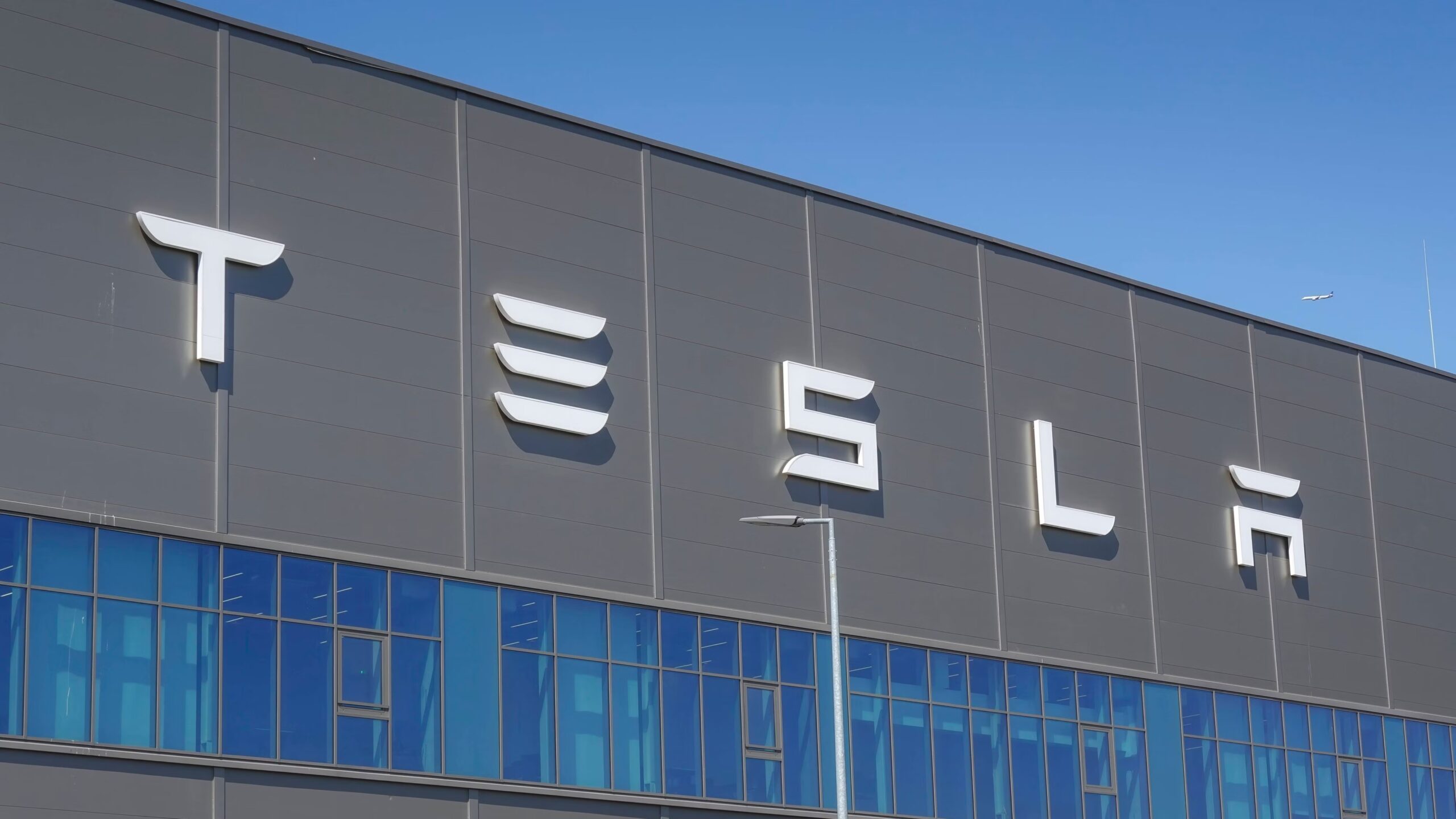
Tesla fell short of analyst expectations on both revenue and profit in the second quarter, but a more overlooked setback is buried in its investor presentation: the company’s digital assets are currently valued at $1.24 billion, up from $722 million a year ago, yet this figure masks a significant missed gain.
Tesla sold 75% of its bitcoin holdings in mid-2022 when prices were far lower than today’s levels. Bitcoin has since surged nearly 80% over the past year, trading near record highs. Had Tesla held on to its entire bitcoin stash, it would now be worth approximately $5 billion, rather than the current $1.24 billion. The portion converted to cash then would be valued at over $3.5 billion today.
Struggles Amid Ambitious Bets
CEO Elon Musk has shifted Tesla’s future focus toward robotaxis and humanoid robots, moving away from cryptocurrency investments. However, Tesla’s core business is facing challenges: auto revenue dropped for a second consecutive quarter, falling short of Wall Street forecasts. The company’s stock plunged 8% on Thursday, marking a 25% decline for the year—the worst among major tech companies.
The company acknowledged that President Donald Trump’s tariffs and the expiration of federal electric vehicle tax credits could negatively impact Tesla’s business in upcoming quarters. Meanwhile, gains from bitcoin contributed $284 million to Tesla’s $1.17 billion net income in the second quarter, somewhat cushioning its profitability.
Bitcoin’s Rollercoaster and Tesla’s Timing
Tesla’s initial $1.5 billion investment in bitcoin in early 2021 coincided with Musk’s vocal support for the digital currency. Bitcoin experienced a sharp spike after Musk added #bitcoin to his social media bio. However, by mid-2022, rising inflation and interest rates dampened risk appetite, prompting Tesla to offload most of its bitcoin holdings.
Since then, bitcoin has rebounded strongly, helped by regulatory easing and the Trump administration’s promise to establish a strategic bitcoin reserve. Yet Tesla’s early exit means the company missed out on substantial gains from the cryptocurrency’s rally.
Musk has largely remained silent on bitcoin in recent years, last publicly stating in March 2022 that he still owned bitcoin, ethereum, and dogecoin and had no plans to sell.
Author’s Opinion
Tesla’s bitcoin saga highlights the challenges companies face in balancing emerging technology investments with core business operations. Selling most of its holdings in 2022 was a cautious move amid market uncertainty, but it also meant missing out on massive gains. This underscores the importance of clear long-term strategy and patience when engaging with volatile assets like cryptocurrency—something Tesla’s current focus on AI and robotics suggests it’s now prioritizing.
Featured image credit: Heute
For more stories like it, click the +Follow button at the top of this page to follow us.
